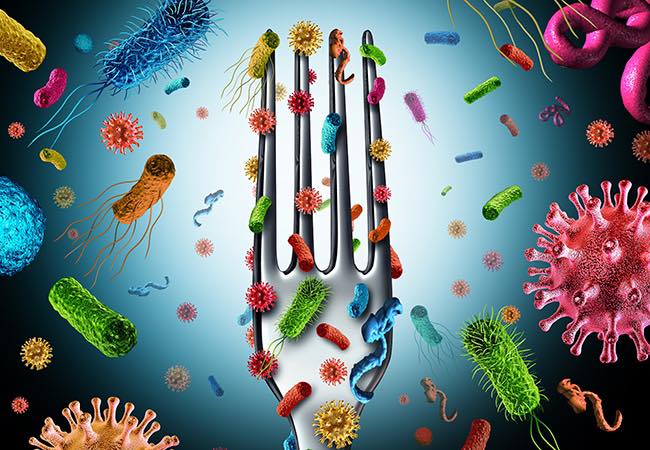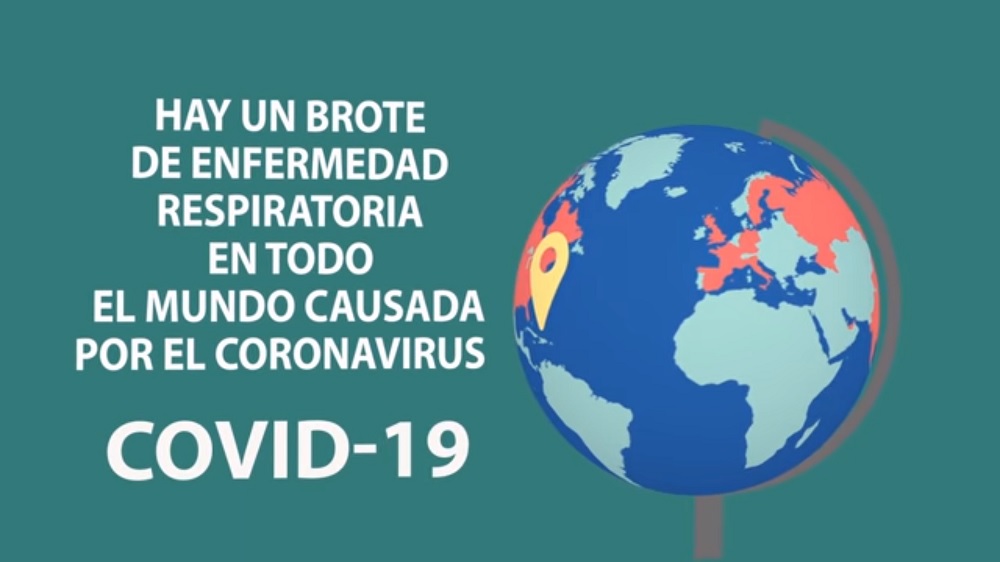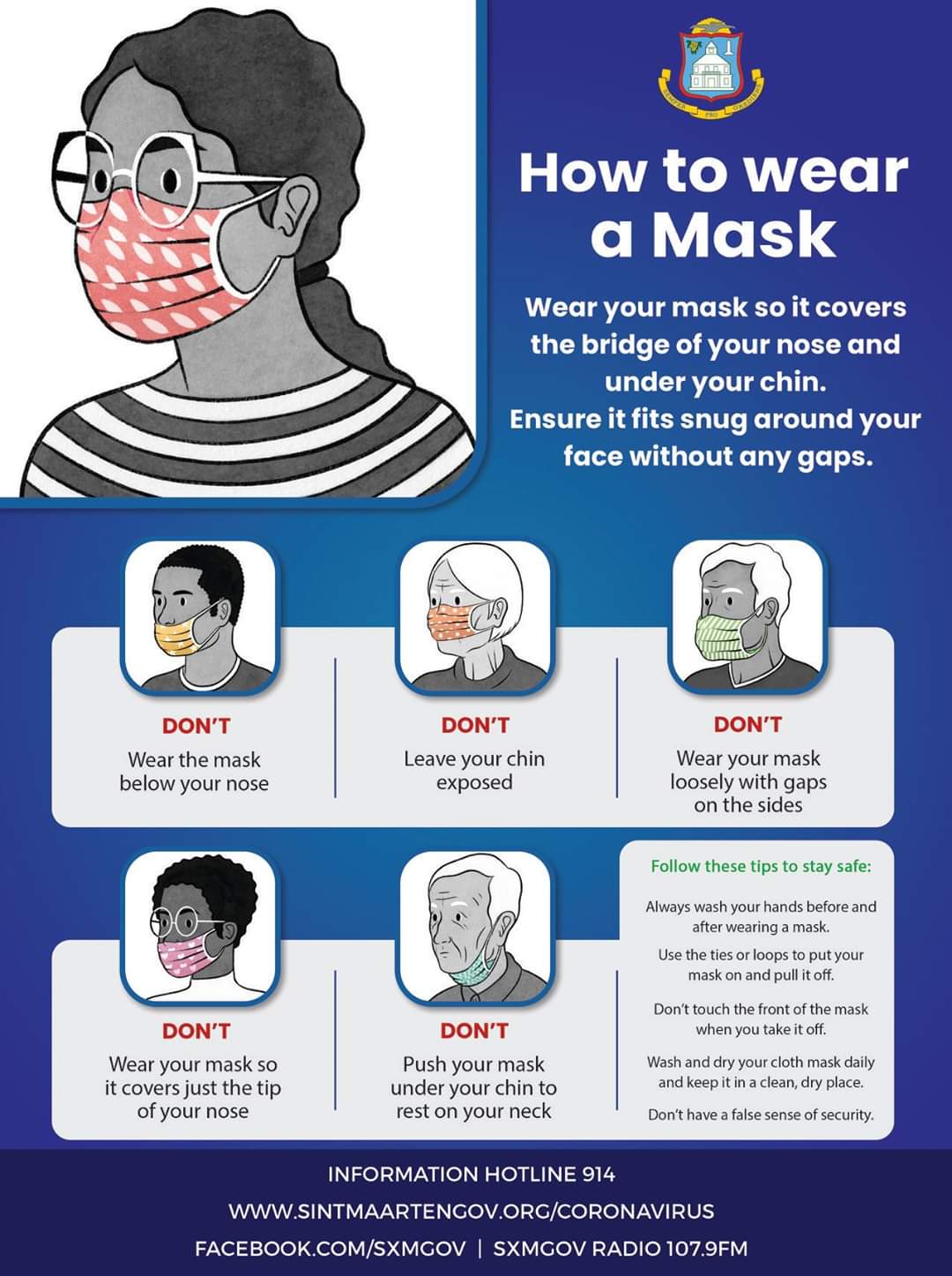Safe Food Preparation Helps Prevent Food-borne Illnesses
In connection with safe food preparation at home or grabbing a bite from food kiosks; street market vendors; and other points of sale, the Collective Prevention Services (CPS) a department within the Ministry of Public Health, Social Development and Labour, says it is essential to observe safe food handling practices at any one of the aforementioned locations in order for patrons to avoid food-borne illnesses.
Unsafe food poses global health threats, endangering everyone. Infants, young children, pregnant women, the elderly and those with an underlying disease are particularly vulnerable.
Food can become contaminated at any point of production and distribution, and the primary responsibility lies with food producers and consumers. A large proportion of foodborne disease incidents are caused by foods improperly prepared or mishandled at home, or in food service establishments.
The associated symptoms of some food-borne illnesses are diarrhea, stomach cramps, vomiting, nausea, fever and headache. The most common symptoms are vomiting and repeated episodes of diarrhea (three or more episodes within 24 hours). To ensure proper diagnosis, care and treatment, consult your physician and for lab confirmation one must be referred to the lab by the physician.
Salmonella bacteria can contaminate any type of food including fresh produce, raw meat, chips, crackers, soup, peanut butter, even frozen meals. In chickens it can infect eggs before the egg-shell forms. Symptoms develop 12 to 72 hours after exposure and include stomach cramps, fever, and diarrhea. Illness lasts four to seven days.
Salmonella infections have been traced to tomatoes, hot peppers, salad greens, and sprouts. Thoroughly wash and dry produce.
Infection can spread when bacteria found in faeces or vomit is transferred to other objects. Bacteria can be transferred through poor hygiene. It is spread through contamination of hands, objects or food infected with the aforementioned.
For example, if someone does not wash their hands properly after going to the toilet, any viruses or bacteria on their hands will be transferred to whatever they touch, such as glass, kitchen utensil/equipment or food.
To prevent the spread of the infection, wash your hands thoroughly after going to the toilet and before eating or preparing food; regularly clean hard surface/counters and wipe down with Clorox solution. Make it a routine habit to adhere to proper hand hygiene and cough etiquettes.
If you are a food handler or a caretaker, and you are diagnosed with a food-borne illness, with your physician?s consultation, you should remain at home and practice good hygiene while you recuperate.
This will help to mitigate the further spread of food-borne illnesses such as salmonella cases within the community. Be on the alert and help minimize the spread of diseases by taking the necessary hygienic and preventive steps.
For more information call CPS at 914 or email surveillance@sintmaartengov.org










